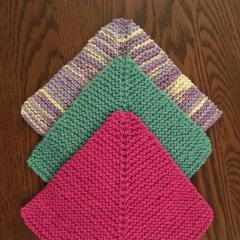-
Welcome to the eG Forums, a service of the eGullet Society for Culinary Arts & Letters. The Society is a 501(c)3 not-for-profit organization dedicated to the advancement of the culinary arts. These advertising-free forums are provided free of charge through donations from Society members. Anyone may read the forums, but to post you must create a free account.
Worth One's Salt: fleur de sel to kosher
-
Similar Content
-
- 0 replies
- 33 views
-
- 341 replies
- 95,310 views
-
- 9 replies
- 878 views
-
- 4 replies
- 336 views
-
- 78 replies
- 19,369 views
-
-
Recently Browsing 0 members
- No registered users viewing this page.






Recommended Posts